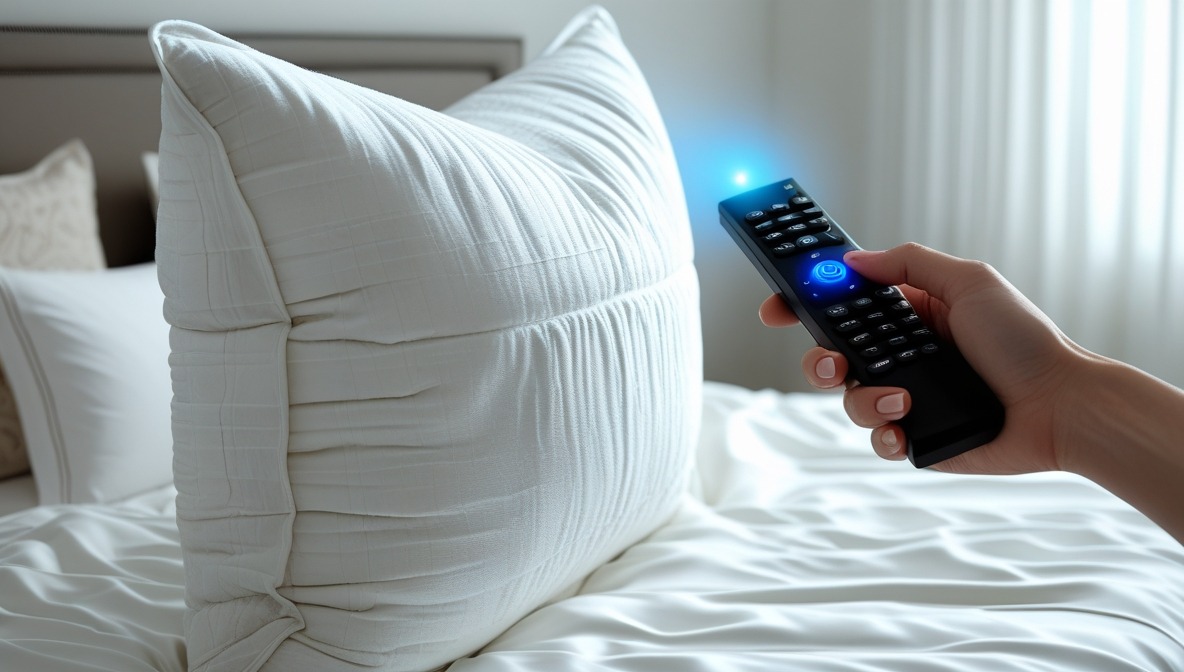An international group of scientists led by Sofia Tzioridou (the Netherlands) and with the participation of established researchers in the field of lucid dreaming, Tadas Stumbrys (Lithuania) and Martin Dresler (the Netherlands), has published a review of scientific achievements in this area. These cover various topics, from dream yoga to the consequences of the coronavirus. The authors also acknowledge the connection between states we call phase states, noting that false awakenings, sleep paralysis, out-of-body experiences, and lucid dreams share a common essence.
A basic question that many people ask is, “Is this practice dangerous?” Although such concerns have been expressed in science, the authors believe that if there is any possibility of harm, it is not caused by lucid dreaming itself. Rather, it is caused by the specific techniques employed to induce lucid dreams (for example, waking up to an early alarm disrupts a person’s sleep patterns). Even experienced lucid dreamers spend no more than 15 minutes in a lucid dream, and for the rest of the night, they sleep normally.
Experimentation is required to harness the practical benefits of lucid dreams. For example, athletes can hone movements and techniques in lucid dreams, but it is not yet known what degree of control is needed. Some successes in psychotherapy are also inspiring, such as the treatment of nightmares, stress, and depression. But perhaps the positive effect results from increased control over the dream, rather than from the lucid dream as such.
In general, many of the authors’ arguments boil down to control. All the benefits a lucid dreamer can enjoy (e.g., positive emotions, healing, training, entertainment) depend on control. Lucidity in itself can also cause unpleasantness—the most notable example of this is lucid nightmares.
How well do you control the plot in your lucid dreams?
The article was published in January 2025 in the Neuroscience & Biobehavioral Reviews.
Get all the latest news about lucid dreams via our channels on Telegram, Facebook, Twitter




